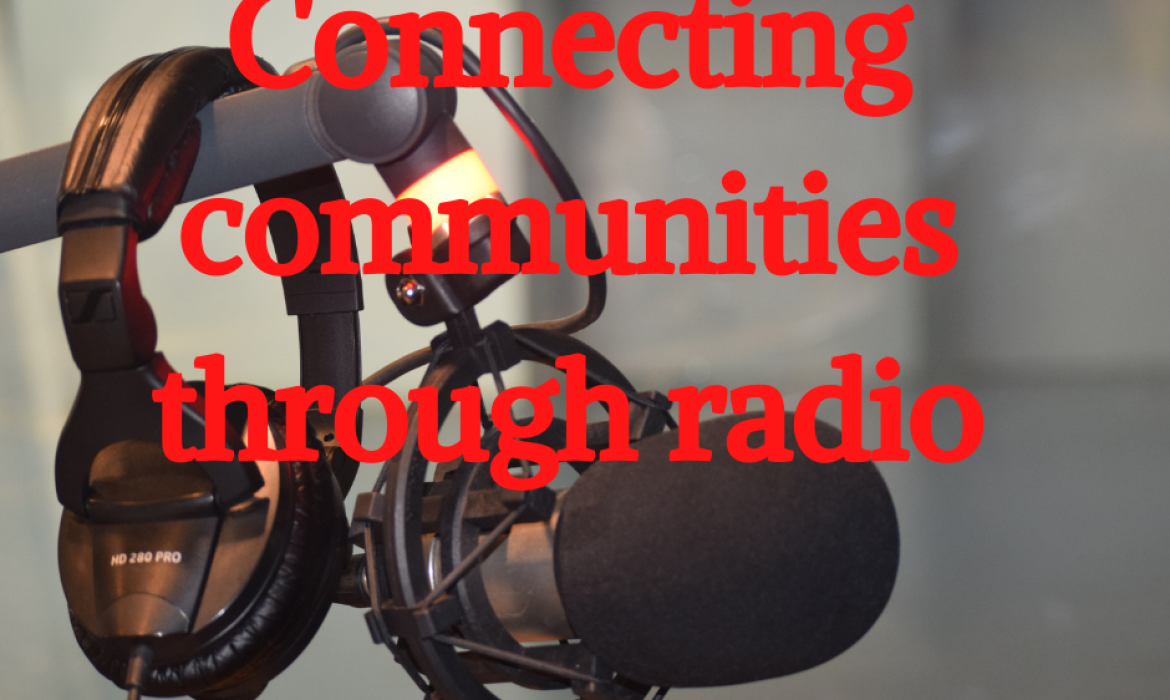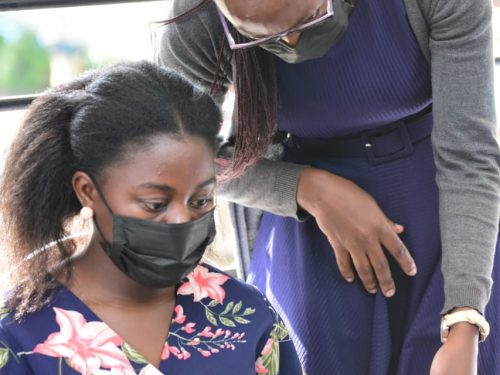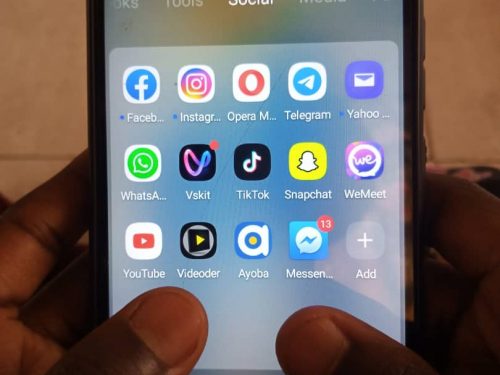Unlike my colleagues born during the internet age (after 2000), the radio has been an integral part of the communication system of Uganda and Africa. Preceding the liberalization of radio operations by the government of Uganda in the early 90s, the country only had one radio station. Post liberalization, the numbers of both private and public radio stations have grown in leaps and bounds.
Approximately ten years ago, the United Nations (UN) designated February 13 every year as a day set aside for the world to celebrate World Radio Day. To guarantee the implementation of this day, the UN member countries put all the weight on the shoulders of the United Nations Educational, Scientific and Cultural Organization (UNESCO).
In Things Fall Apart one of the greatest literary masterpieces, Nigerian author Chinua Achebe (RIP) said, “A man who calls his kinsmen to a feast does not do so to save them from starving. They all have food in their own homes. When we gather together in the moonlit village ground it is not because of the moon. Every man can see it in his compound. We come together because it is good for kinsmen to do so.”
African families gathered around a radio set to know what was happening in the world beyond them. Since radio provided social, economic, and other forms of support, radio became a darling for many in Uganda’s predominantly agrarian and rural-based population. I dare to say that for most of us to catch up with the changing world, the radio became our turn device.
Radio’s role in peace-building in northern Uganda can not go without mention. From the early ’90s to the late 2000s, Northern Uganda struggled with the Lord’s Resistance Army (LRA) a rebel group led by Joseph Kony. As families fled their families, they turned to radios for information. On the other hand, the rebels allegedly tuned in to the radios to also know what was happening outside the bush.
In the morning hours of September 2002, the LRA rebels attacked the studios of Radio Wa and torched them down. The rebels accused the radio station of encouraging their LRA fighters to defect from rebellion and take advantage of the window of amnesty that had been put up by the government of Uganda. The attack on Radio Wa in hindsight confirmed that the radio was being listened to by the rebels and the displaced Ugandans in Acholi and Lango regions.
As the popularity of radio seems to be waning today due to the emerging new media enabled by the internet, radio holds a special position in most of our hearts. It was the closest that we came to bonding. I recall a special time when I listened to the daily English broadcast with my granny. My role was to listen to the English broadcast and then carefully translate each word listened to Luganda for her to understand what had been broadcast.
Away from being a hired Luganda translator, I was also challenged to become a better version of myself. I had to understand Luganda better with equally also understanding English. To me, the entire experience was a learning process and appreciation of the multi-cultural unity between English and Luganda. I had to know the two languages well so that I would be able to listen in.
As I reminisce these good times, I have a mind’s picture of the Katikiro of Buganda Charles Peter Mayiga. He with no doubt has challenged us to seamlessly speak our local languages and at the same time have a good command of English. Cultural transfer although unsolicited has happened. What a time to look up to the transition of the Radio to digital platforms. Radio is a gem that should be kept for the younger generations to partake of and enjoy.


